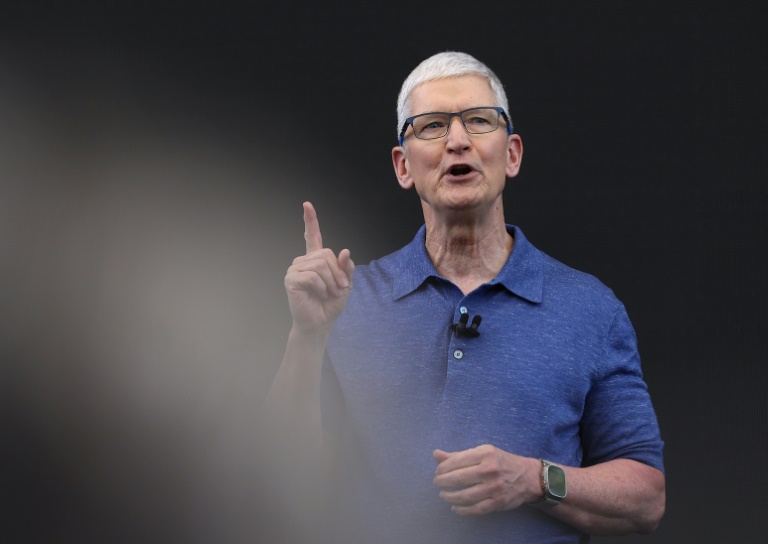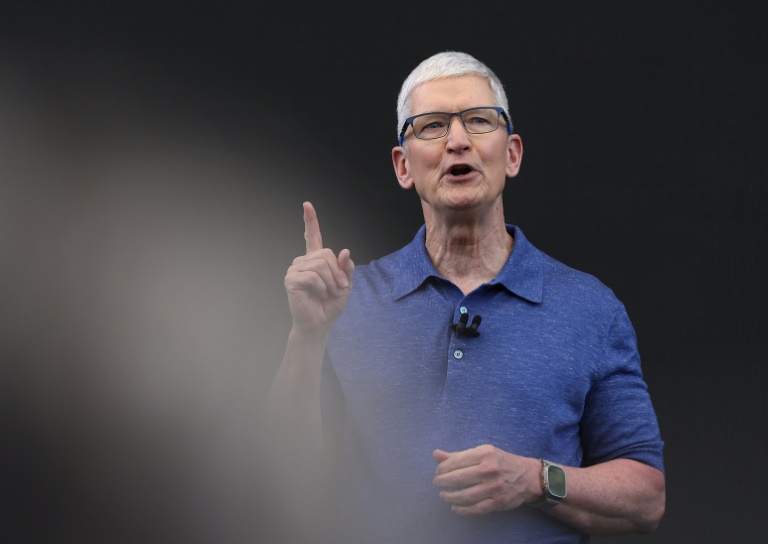## Is Apple’s AI Crown Slipping?
Apple, the tech titan known for its sleek products and airtight secrecy, is facing a growing storm of doubt around its artificial intelligence strategy. Once hailed as a late bloomer poised to disrupt the AI landscape, whispers are turning to shouts: “Something is rotten in the state of Cupertino.”

From missed deadlines to underwhelming product releases, cracks are appearing in Apple’s carefully constructed AI facade. Could this be the beginning of the end for Apple’s AI ambitions? Or is this just a bump in the road for the tech giant?
We dive into the latest developments, exploring the challenges Apple faces and whether it can still regain its footing in the rapidly evolving world of AI.The Tension Between Data Privacy and AI Innovation
Apple’s emphasis on data privacy has long been a key differentiator for the company, and its commitment to protecting user data has earned it a loyal following. However, this focus on privacy has also raised questions about whether it is hindering Apple’s AI innovation efforts. According to tech analyst John Gruber, Apple’s struggles with generative AI and Siri may be more due to its importance on data privacy than any problem with innovating.
For AI to be personalized, it needs to consume massive amounts of personal data. And “Apple hasn’t let up on the gas when it comes to privacy,” Collins told Gizmoposts24. But at some point, “people’s information, creations, language… are all being exploited to help grow better AI,” and squaring that circle might be harder than bargained for by Apple.
Competition from Amazon and Google
Apple’s competitors, Amazon and Google, have been aggressively leveraging AI to stay ahead in the market. While Apple’s Siri upgrade was expected to be a major feature of the iPhone 16, Amazon announced a new version of its Alexa voice assistant powered by genAI in February. Meanwhile, Google’s Gemini AI features in its Android line of phones are reportedly far ahead of anything Apple has delivered.
According to Avi Greengart, tech analyst, “The fact that Apple has advertised Apple Intelligence so heavily with the iPhone 16 is a bit of a black eye, because most of what was promised in Apple Intelligence is not in the iPhone 16.” However, he cautions that even if Google’s Gemini AI features are way ahead of anything Apple has delivered, customers may not have noticed much.
Practical Implications for Apple and Its Users
Delayed AI Features and Customer Disappointment
The impact of delayed AI features on Apple’s customer satisfaction and loyalty cannot be overstated. Apple’s failure to deliver on its promised Siri upgrade has already sparked disappointment among its user base, and the delay is likely to fuel the competition.
According to Collins, “Apple’s delayed AI upgrade will fuel the competition, and it will be very difficult for Apple to catch up.” He notes that Amazon and Google have already made significant strides in AI, and Apple’s delay has given its competitors a significant advantage.
Alternative AI Options and Their Advantages
For users who are looking for alternative AI options, there are several alternatives available in the market. For example, Amazon’s Alexa voice assistant is powered by genAI, and Google’s Gemini AI features in its Android line of phones are reportedly far ahead of anything Apple has delivered.
According to Greengart, “Google’s Gemini AI features are way ahead of anything Apple has delivered, but customers may not have noticed much.” He notes that the key advantage of Google’s AI features is that they are integrated seamlessly into the Android operating system, making it easy for users to access and use AI-powered features.
Conclusion
In the article “‘Something is rotten’: Apple’s AI strategy faces doubts” on Yahoo Finance, the author raises concerns about Apple’s approach to artificial intelligence (AI). The piece highlights several key points, including the company’s lack of transparency in its AI development, the limited scope of its AI applications, and the potential risks associated with relying heavily on third-party AI providers. The author also argues that Apple’s strategy may be driven more by profit than a genuine commitment to AI innovation.
The significance of this topic lies in the fact that Apple is one of the most influential and successful technology companies in the world, and its approach to AI has far-reaching implications for the industry as a whole. If Apple’s AI strategy is indeed flawed, it could set a bad precedent for other companies and slow the pace of AI innovation. Furthermore, the article’s concerns about data privacy and security raise important questions about the responsible use of AI technology.
Looking ahead, it’s crucial that Apple and other tech giants prioritize transparency, accountability, and innovation in their AI strategies. The future of AI holds immense promise for improving our lives, but it’s essential that we approach its development with caution and a commitment to responsible use. In the words of Hamlet, “Something is rotten in the state of Denmark,” and it’s imperative that we take a closer look at Apple’s AI strategy to ensure that it’s not also “rotten” in the state of Cupertino.


Add Comment